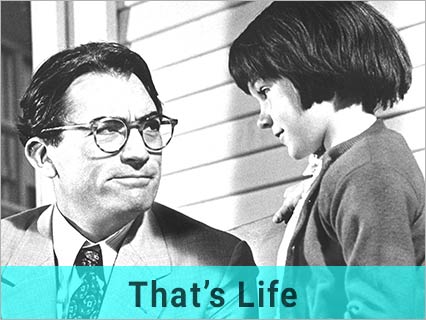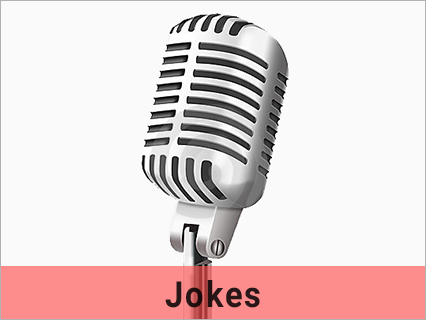Telephones, problems big and small and three digits; who will you call?
03 Jul 2024
Dear LPG readers,
Here is something many of us assume that they know all about, but I recently stumbled upon a few details that I suspect might be news to some…
If I were to ask you how many UK telephone destinations you could contact using just three digits, you would probably know of three or even four, but would you know about all seven?
999 would be the first one to come to mind. It is our emergency number, covers all extreme eventualities and has been with us since June 30th, 1937. We would also have knowledge of 101, which might be your second thought, though a lot younger (only having been available since 2014). In 2006, we were introduced to 101, which became the number to replace all those local police station telephone numbers. I remember having local telephone numbers ending in 1212, but you must be pretty old to remember those days.
If you had found a wallet, lost a dog or had any other non-emergency matter to discuss back in the day, you would have popped down to your local police station, but they are few and far between now. Who remembers Ladywell, Brockley, Forest Hill, Lee and Sydenham police stations? If you are a resident who can’t get to Lewisham, Deptford or Catford these days, your only option is to phone 101…
Have you ever heard of 112, perhaps one of the more obscure ones? It is an international emergency number that is effective throughout the whole of the European Union, although I only learned that when doing this bit of research. Perhaps it is worth knowing about if you are planning a continental holiday. The internet tells me that this number has been available since July 1991.
Then there is 111, which is usually ingrained in our minds, especially as we get older and more susceptible to illness. The internet tells us that it was first tried out on 23rd August 2010, but I always wonder how, if you are elderly, feeling ill, on your own, and even if you are still able to remember where your phone is, you would be able to work out the extent of your medical emergency and whether to dial 999 or 111.
119 has to be the youngest of these codes, and any British resident will associate it with COVID-19. I call it the original UK 3-digit contact telephone number because it was about reporting contact and contagion surrounding that ‘pandemical’ glitch in our history and any other related eventualities. Ultimately, it will fade away as a service, as the risk of infection does, but we need to remember it is still out there.
I did not know about 105, which is the number to call if you have any concerns about a possible electricity-related emergency. We don’t get power cuts like we used to last century, but we oldies remember them, I have no doubt. The idea is that in the case of an issue, you don’t have to bother trying to find your utility service provider’s number; you can call them.
I wonder who remembers ever dialling 123. The speaking clock has to be the oldest of all the three-digit UK telephone numbers. It started by telling the time in 1936, and it is the only one of these services that still costs to call, although we don’t listen to the time as much as we used to. These days, we get our mobile phones out or flick our wrists.
How times change…
GM, Beckenham
GM shares her research…







